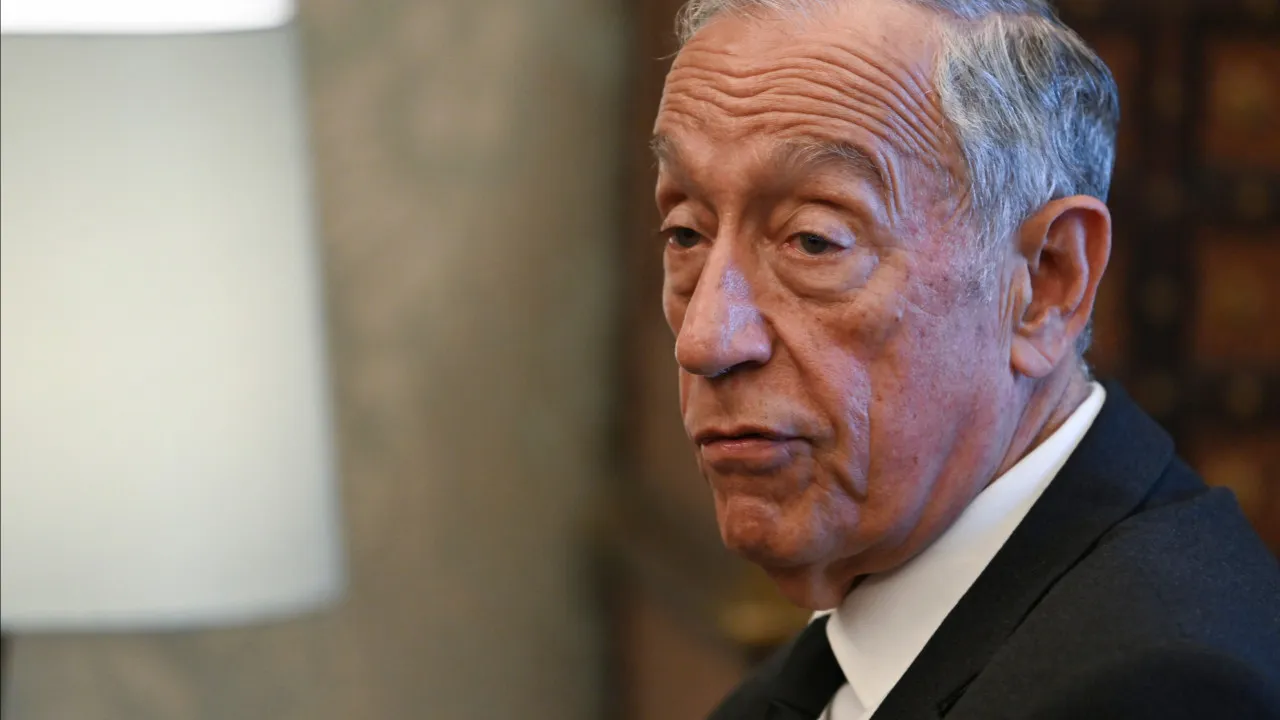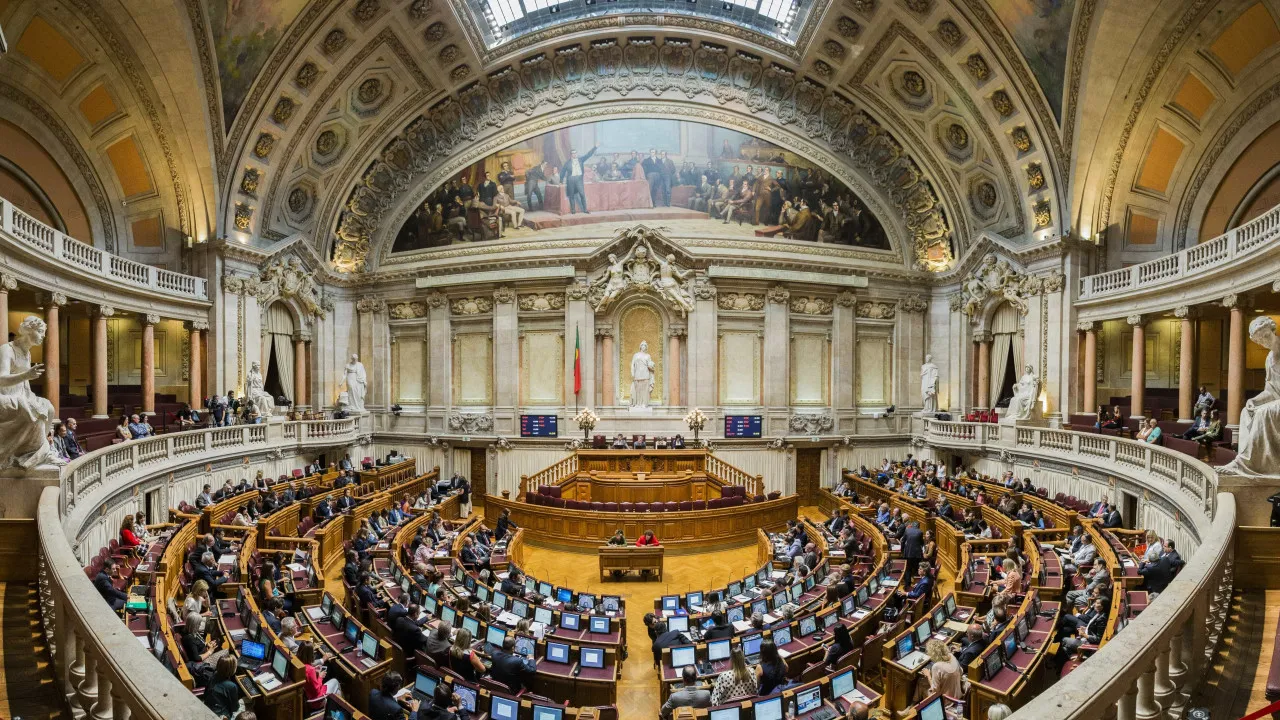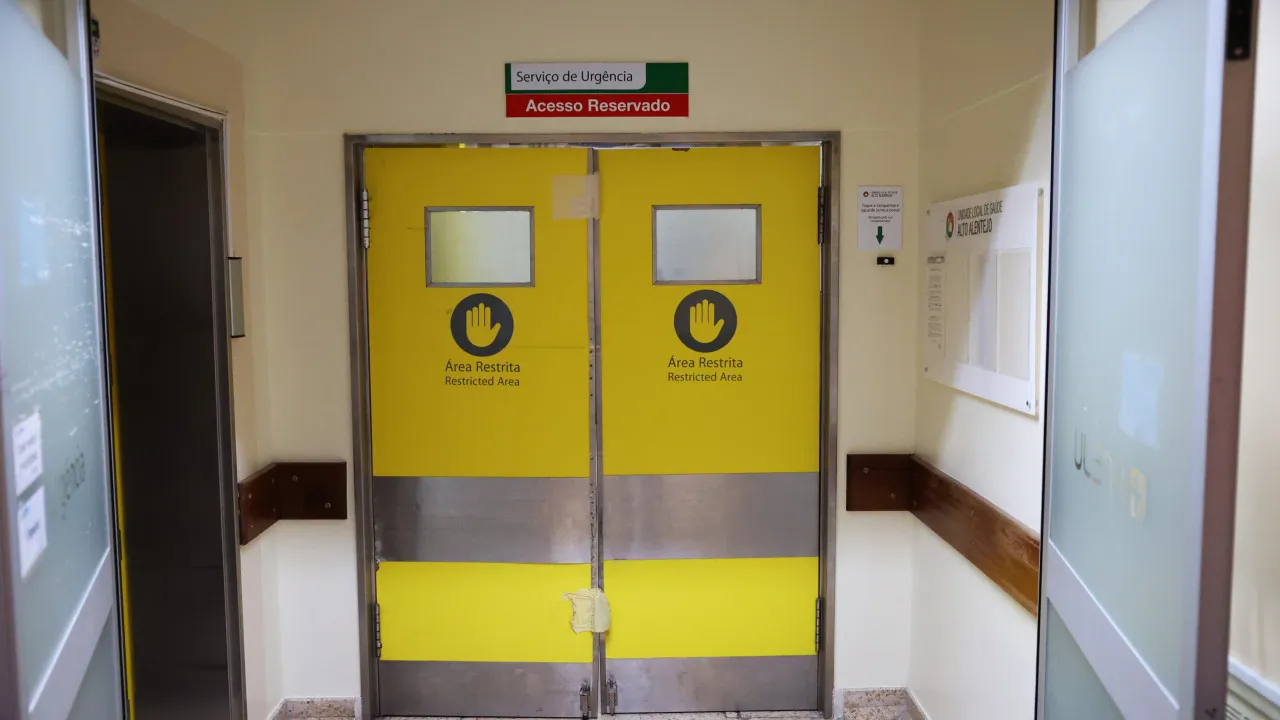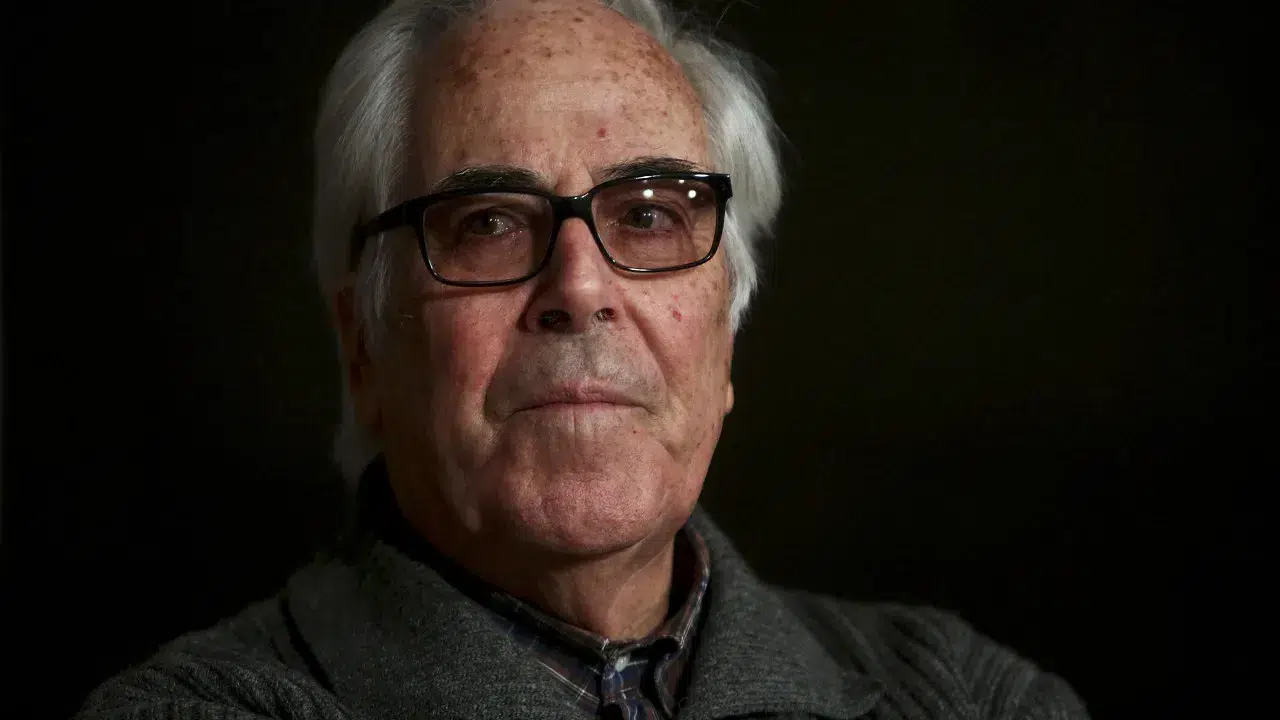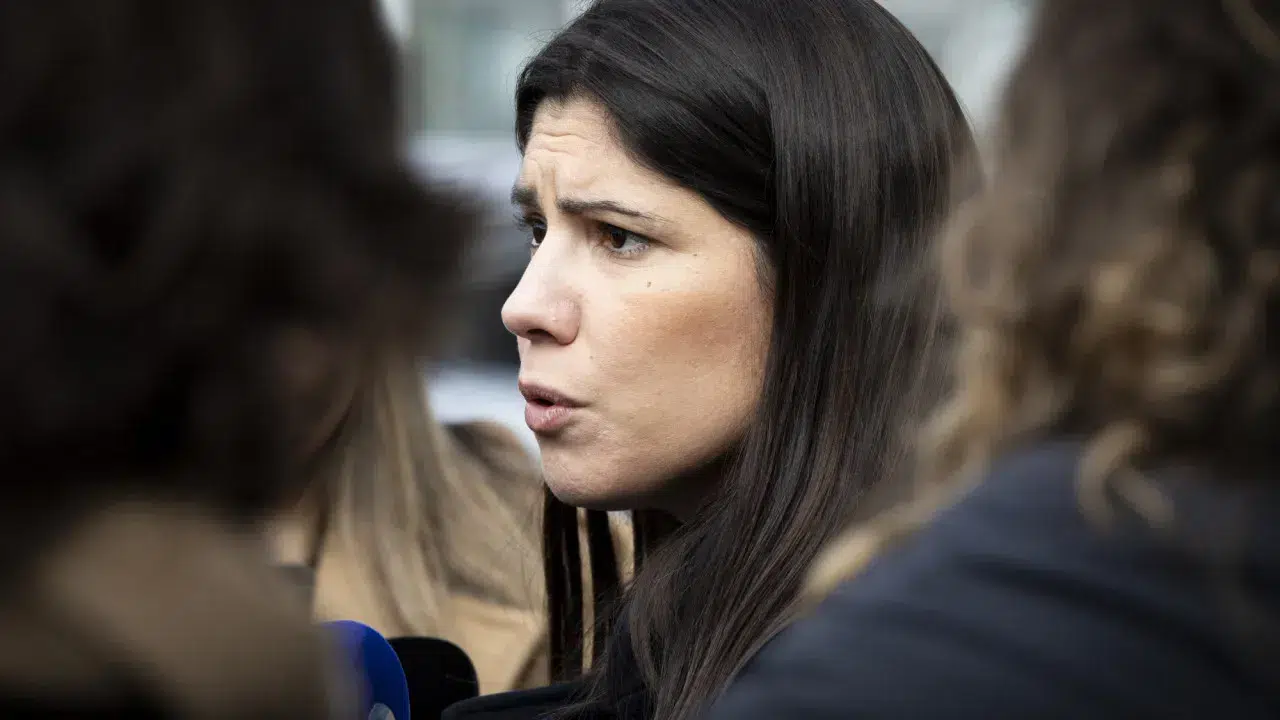
According to Marina Mortágua, the government’s priority over the past two days has not been to reduce housing prices, address emergency room issues, or protect the elderly from heatwaves, but rather the nationality law.
The political leader was speaking in Ponta Delgada at the closing session of the BE/Açores Convention, where António Lima was re-elected to lead the regional structure for the third time.
“It’s the number one legislative proposal. It was the first Council of Ministers of this government to make it harder for children from China living in Portugal to gain Portuguese citizenship,” she stated.
The Bloco coordinator accused the government of “following the far-right agenda.”
António Lima, in turn, accused the Regional Government of having “unique conditions to save the airline with the support of Chega,” but “committed the feat of burning 453 million euros in public aid to SATA.”
“And today, SATA is worse off than it was in 2020. Delayed wages in June and the company’s growing financial difficulties are a serious alarm signal. In the face of this, the regional secretary of Finance states that SATA Internacional will either be privatized or closed,” said António Lima.
The regional coordinator of BE considered that SATA’s difficulties, “apart from poor management and constant political interference in daily management, are due to the air transport model created during Passos Coelho’s time,” which “consumes millions every year and will cost SATA.”
António Lima stated that “when the right came to the Regional Government, they increased public debt to lower taxes on profits and for the wealthiest.”
“They filled the gap left by the tax reduction for the wealthy with public debt – 900 million euros in 4 years. This Regional Government is, therefore, a reverse Robin Hood: it lowered taxes for the rich to indebt the poor and middle classes,” he emphasized.
According to Lima, the “vast majority of Azoreans did not benefit from the tax cuts, but they will pay this debt,” with “one of the consequences” being that the Azores are “the most unequal region in the country.”
Local elections were also on the agenda, with the leader of BE/Açores stating that they will “advocate a local policy that guarantees the right to housing, environmental protection, and mobility.”
The leader mentioned a “real effort of convergence among the left-wing parties in the Azores in these municipal elections,” but acknowledges that “in most cases, this convergence will not happen before the elections.”
However, he states that it will be “possible in the concrete day-to-day politics”.
“We remain open to dialogue in Ponta Delgada so that, together, we can finally provide a progressive path for Ponta Delgada,” he concluded.

